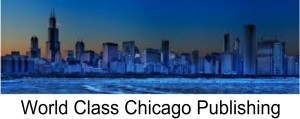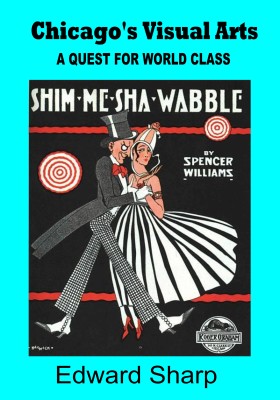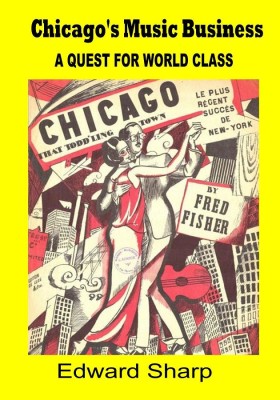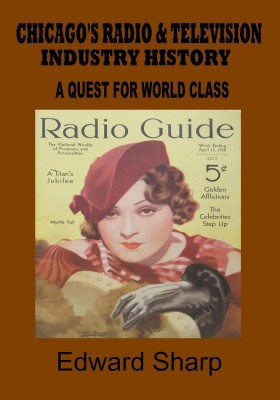May 2016
During the weekend of May 13-15 Chicago's Department of Cultural Affairs and Special Events is hosting its second annual Lake FX "the Midwest's largest free convening of artists and creative entrepreneurs." As would be expected, the summit seems oriented more to the fine arts than the popular arts and towards endowed institutions than commercial endeavors. Nevertheless, there are a lot of workshops and seminars meant for commercial artists especially in the music field. It's free so it is well worth a look for those seeking knowledge about legal issues or the business structure in the music industry.
February 2016
The second issue of Chicagoly magazine is now out and can be obtained in print or read on-line at chicagolymag.com. It is an attractive journal in the lifestyle genre tradition but still seems to be missing the hard hitting investigative journalism that the editor, Joe Coughlin, promised in the inaugural issue.
January 2016
The Museum of Contemporary Art has an exhibition about Pop Art that shows how commercial artists influenced design. There really is not much in the exhibition about Chicago commercial artist's considerable contributions to design; nevertheless art exhibitions that favor commercial artists are rare in Chicago so this is well worth seeing for that reason alone.
September 2015
Chicago has a new non-profit organization, actually a consortium of twenty existing institutions, the Chicago Collections Consortium. The commonality of the institutions is that they are holders of Chicago historical artifacts: maps, photos, books, documents, etc. With a grant from the Andrew W. Mellon Foundation, the Consortium has been assembling an on-line catalog that connects the twenty institutions in various categories like politics, neighborhoods, etc. They have also created an exhibition of some of the material for display in the Harold Washington Library from August to mid-November.
It is a positive step that Chicago based institutions are working for a common purpose; but it is a small step. Frankly, Google already provides on-line searches and digital documents so nothing new has been created. Furthermore, Chicago's popular culture is mostly ignored which continues a long Chicago tradition. Nor is the Consortium purposed for acquisition. If an artifact of significance in Chicago popular art, literature, theater, became available, there is no depository or acquisition ability. The first exhibition of existing artifacts from the collections of the various member institutions is in a small room on the ninth floor of the Central Library adjacent to the Special Collections Room with little visibility. No one will know it is there.



